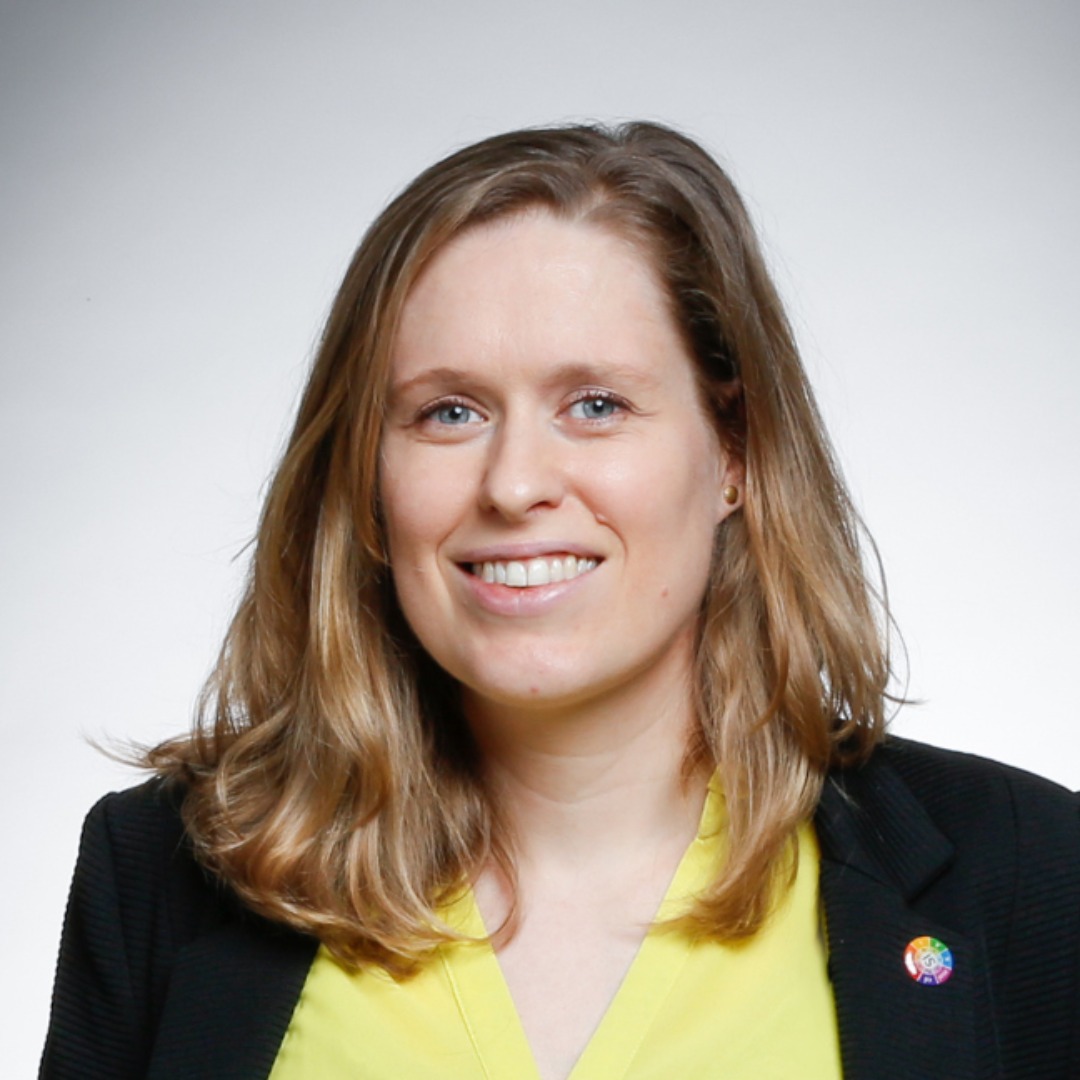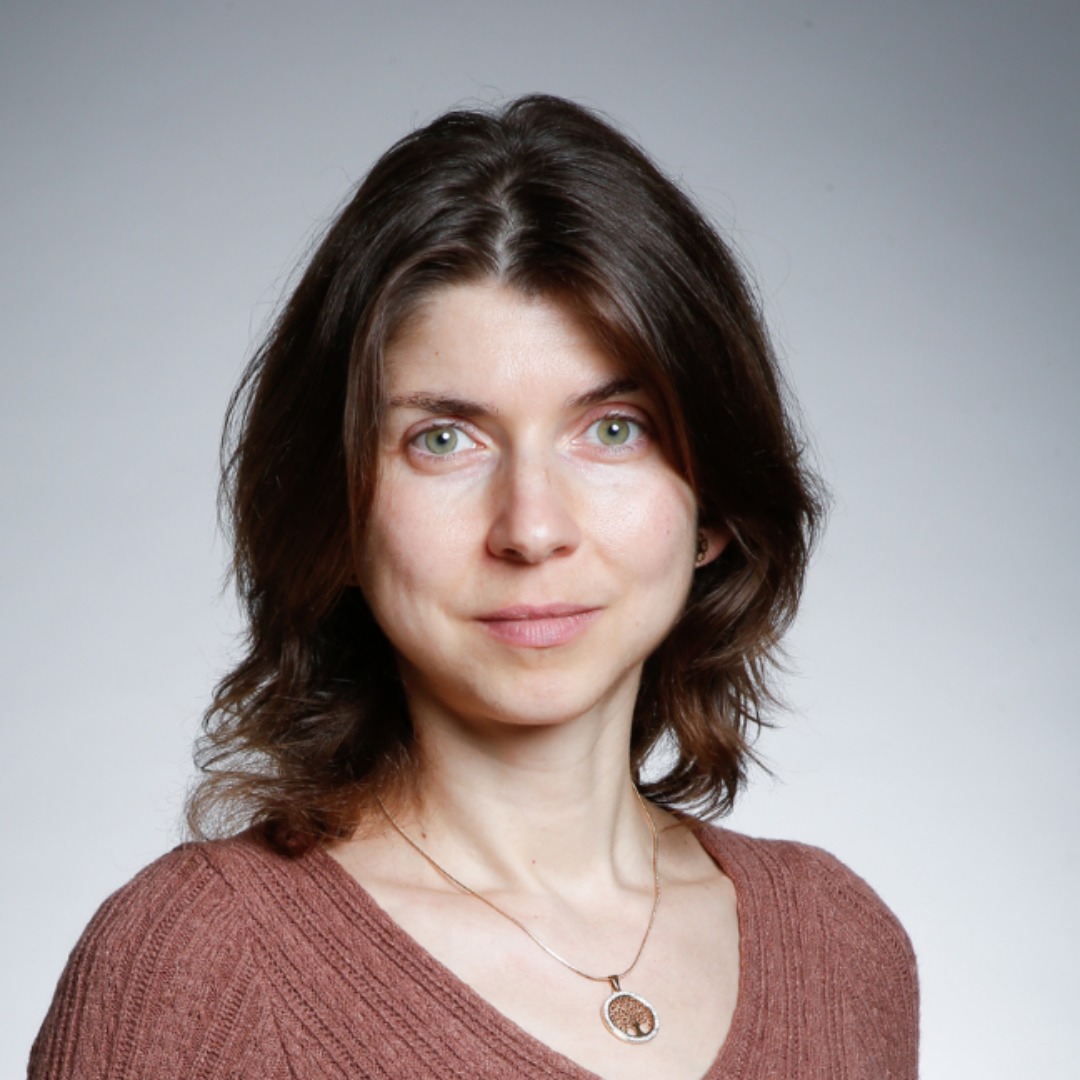
Andrea Ford
Member since 2023
Combining science, innovation, and the careful and critical examination of cultural narratives is crucial for guiding society through a time of rapid change and possibility.
Bio
Andrea Ford is a medical and cultural anthropologist currently working at the Centre for Biomedicine, Self and Society in the University of Edinburgh Medical School. She conducts research on childbearing, periods, endometriosis, and FemTech, more broadly investigating how ideas about gender, bodies, knowledge, nature, and technology shape the culture surrounding medicine and reproduction. Her books include ‘Near Birth: Contested Values and the Work of Doulas,’ (University of California Press), and Hormonal Theory: A Rebellious Glossary (Bloomsbury). Her work appears in numerous academic journals and popular outlets. She received her PhD from the University of Chicago, an MA from the University of Ghana, Legon where she was a Rotary Ambassadorial Scholar, and a BA from the University of California, Berkeley. She has also worked at Stanford University, the FrameWorks Institute, and the UK’s NHS. Currently she is working on bridging academic and non-academic spaces for research, ideas, and cultural change.



